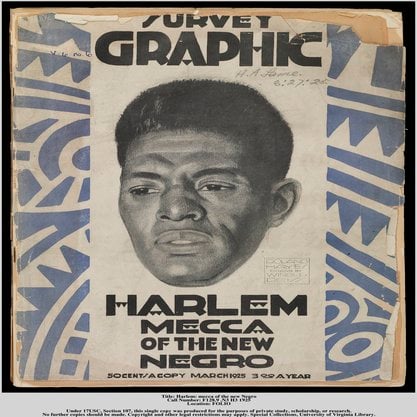Article
Brâncuși, Constantin (1876–1957) By Jecu, Marta
Article
Constantin Brâncuși is one of the great masters of modern and contemporary art. The influence of his work can be felt across both the avant-garde and neo-avant-garde movements. Although he can be considered the early master of minimalism and abstractionism, Constantin Brâncuși admitted to be in the search of realism in sculpture. The extensive work of the Romanian born artist was dedicated, as he claimed, to “sculpture's own life.” Born in the Romanian village of Hobița in 1876, Brâncuși was profoundly influenced by vernacular philosophy as well as by traditional carving techniques, reflecting a rising European sensibility for the ancestral treatment of the form.


